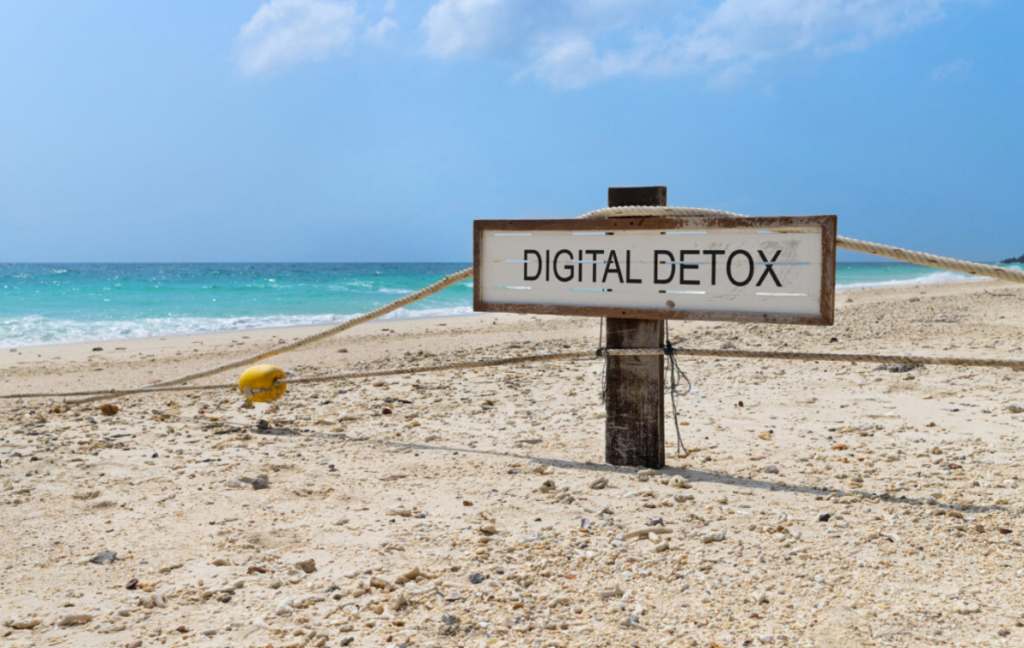Cultivating a Healthy Relationship with Technology


In our rapidly advancing digital age, technology has become an integral part of our daily lives. While it offers unprecedented convenience and connectivity, the way we interact with technology can significantly impact our mental well-being. Cultivating a healthy relationship with technology is essential for maintaining a balanced and fulfilling life. In this blog, we will look into the psychological aspects of our connection with technology and provide practical strategies for fostering a positive and mindful approach.
Understanding the impact of technology on mental health: The ubiquitous presence of smartphones, social media, and constant connectivity has reshaped how we experience the world. While technology brings numerous benefits, such as instant communication and access to information, it also introduces challenges to our mental health.
Mindful consumption of social media: Social media platforms can contribute to feelings of inadequacy, comparison, and even anxiety. Adopting a mindful approach to social media involves recognising when and how it affects your mood. Set usage limits, curate your online experience and take breaks to prevent the negative impact on mental well-being.
Establishing digital boundaries: The boundary between work and personal life can blur with constant connectivity. Establish clear digital boundaries, such as designating specific times for checking emails and messages. Disconnecting during non-work hours helps prevent burnout and allows for genuine relaxation.
Prioritising face-to-face interactions: While technology facilitates virtual connections, the importance of face-to-face interactions remains crucial for mental health. Prioritise spending quality time with friends and family in person, fostering genuine connections beyond the digital realm.
Promoting mindful tech use: Mindfulness in tech use involves being present and intentional in your interactions. Instead of mindlessly scrolling, consciously engage with content. Setting aside dedicated tech-free moments, such as during meals or before bedtime, fosters a healthier relationship with technology.
Digital detox periods: Integrate digital detox periods into your routine. Designate specific days or times when you intentionally disconnect from screens. This practice allows for mental rejuvenation, reduces screen-related strain, and promotes a more balanced lifestyle.

Quality sleep hygiene: The blue light emitted by screens can disrupt sleep patterns. Prioritise quality sleep by implementing healthy sleep hygiene practices, such as reducing screen time before bedtime and creating a calming pre-sleep routine.
Mindful consumption of information: The constant influx of information can be overwhelming. Be selective about the content you consume, choose reliable sources, and set limits on news consumption to avoid excessive stress and anxiety.
Embracing digital well-being tools: Many devices and platforms now offer digital well-being features. Utilise tools that allow you to monitor and manage your screen time, set app limits, and receive notifications for mindful tech use.
Seeking professional support: If you find that your relationship with technology significantly impacts your mental health, consider seeking professional support. Mental health professionals can offer guidance and strategies tailored to your specific challenges.
Cultivating a healthy relationship with technology is a dynamic process that involves conscious choices and mindful engagement. By understanding the impact of technology on mental health and implementing practical strategies, individuals can harness the benefits of technology while mitigating potential negative effects. The goal is not to eliminate technology but to establish a balanced and intentional approach that enhances overall well-being. Embracing a mindful relationship with technology contributes to a healthier mental state, improved interpersonal connections and a more fulfilling life.

